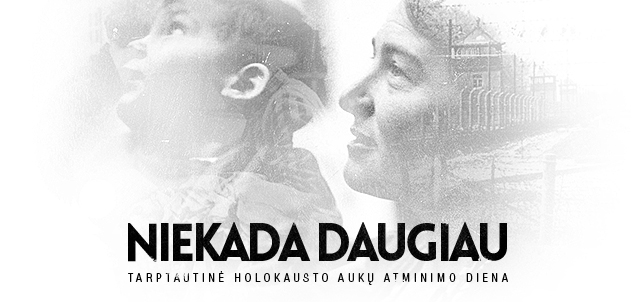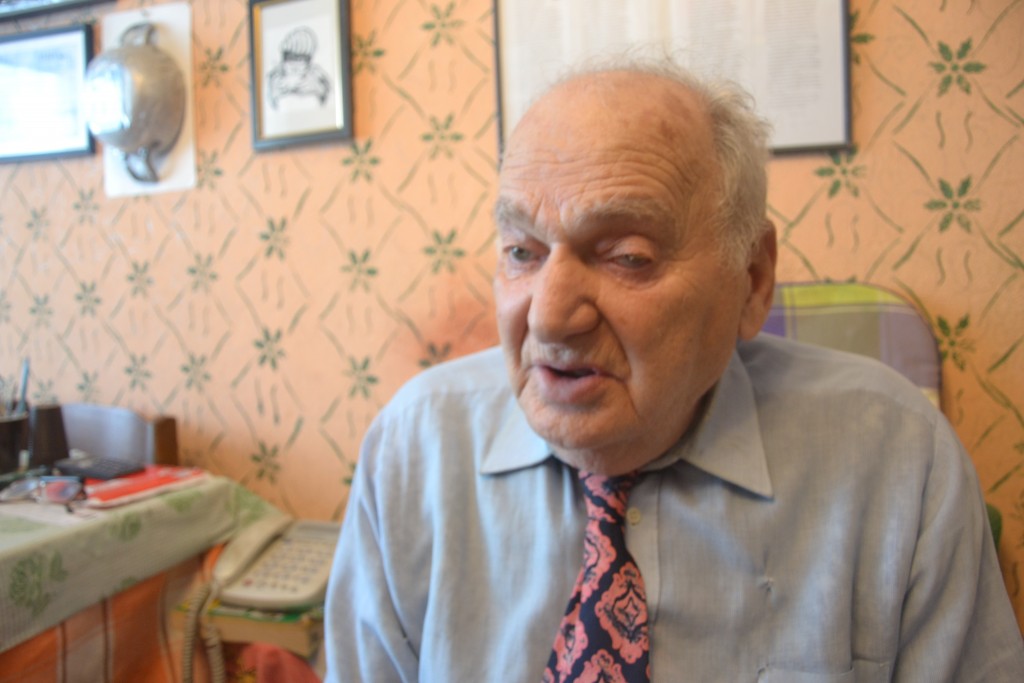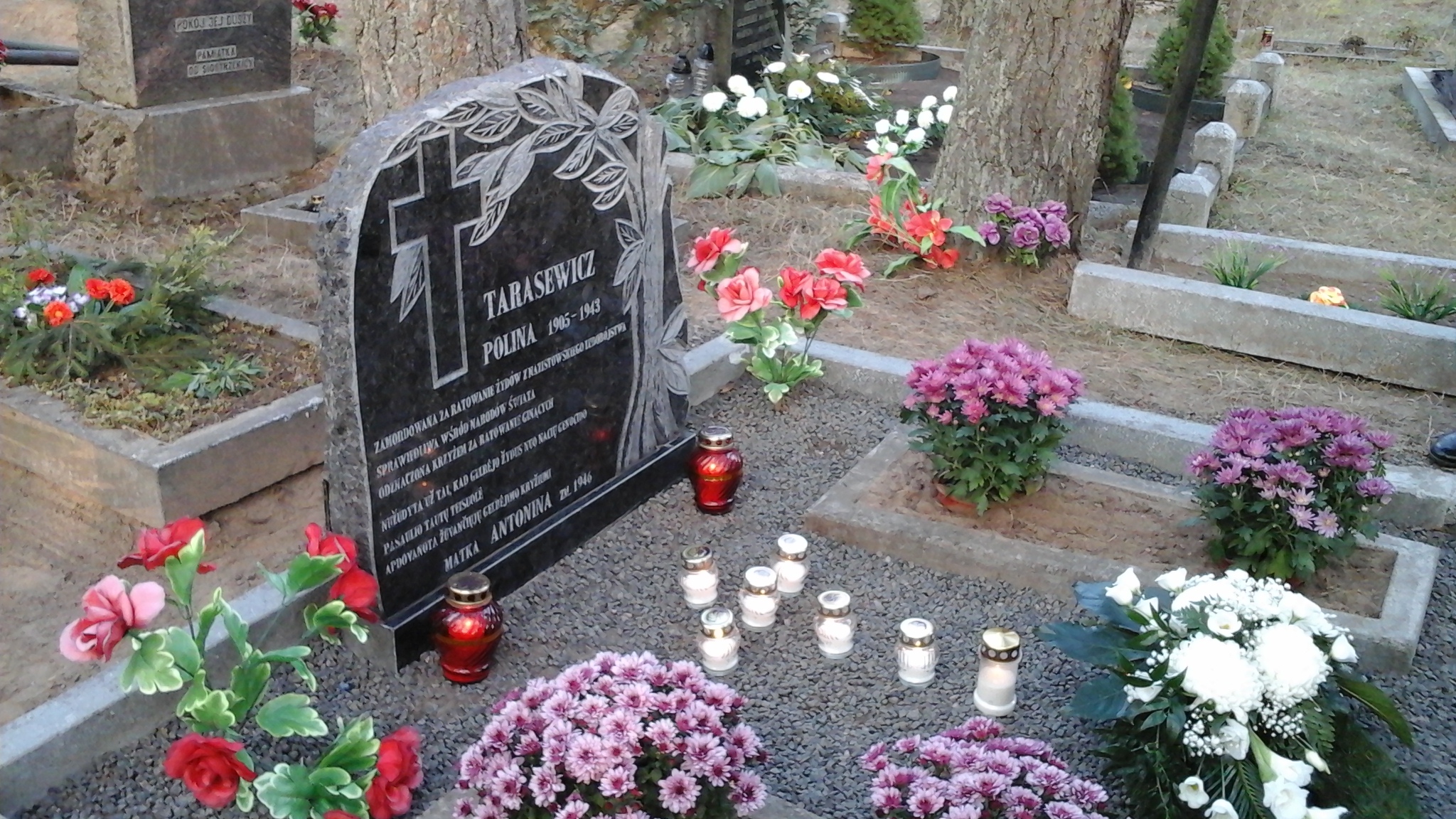Commentary by Faina Kukliansky, chair of the Lithuanian Jewish Community
Auschwitz in the winter, during International Holocaust Day, was as moving as the Holocaust survivors who met here. My thoughts swirled around the people who are still alive. In Lithuania the only still living survivor is Meyshe Preis, who through some sort of miracle survived the Auschwitz, Stutthoff and Dachau concentration camps. His poor health didn’t allow him to attend the commemoration of Auschwitz victims on January 27. Kings, queens and heads of state did attend. I want the people of Lithuania, her politicians and high-ranking civil servants, and especially her decision makers, to understood that a trip to Auschwitz is not the same thing as travelling to Brussels for the usual meeting.
Seventy years ago the Jew were liberated, but they were persecuted en masse from 1939. Lithuanian president Dalia Grybauskaitė, foreign minister Linas Linkevičius and the chair of the Lithuanian Jewish Community travelled to the ceremony and were deeply affected by it. I believe their attitude is that of the state regarding Holocaust survivors, whose children and grandchildren now form the basis of our community. I will interject here that representing the community doesn’t mean that some high institutions choose a certain Jew for the post according to merit. That’s how it was for many years. If there’s a Jewish community which elects its chairperson democratically, then the chairperson must represent the community and Lithuania as well, if the community is loyal to the state and sees itself as a part of the country.






